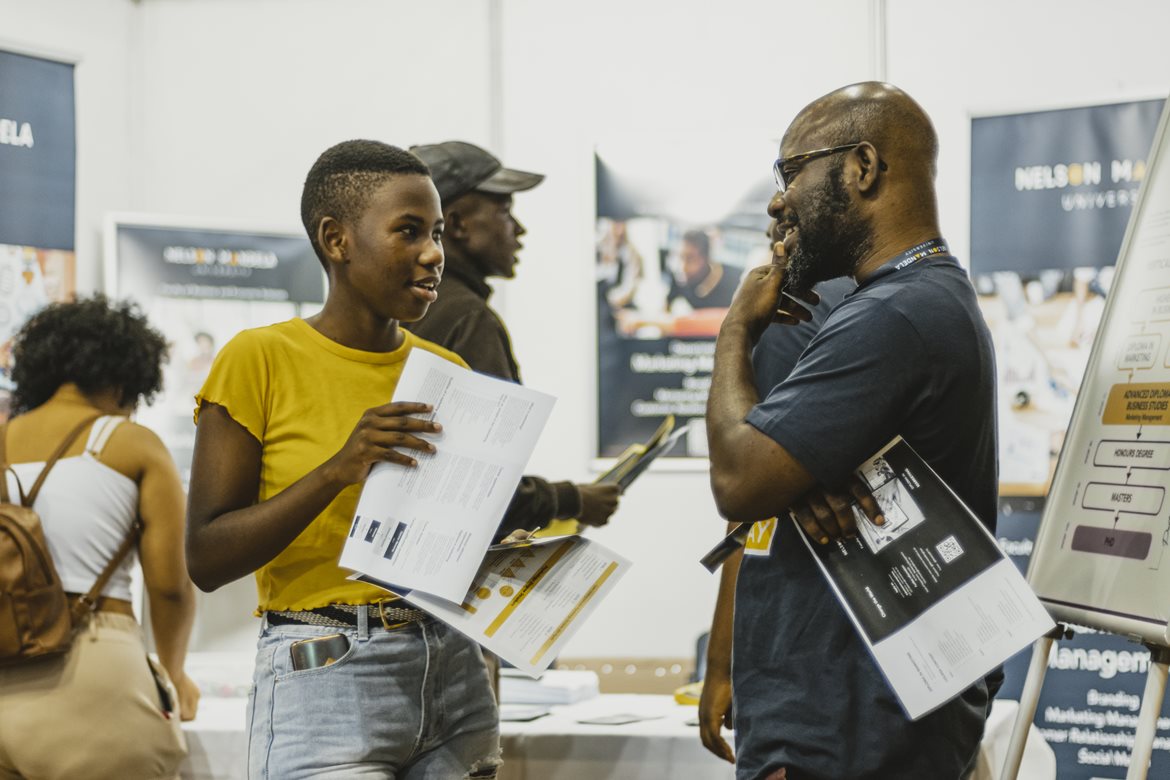Sadly, learners in South Africa are showing less of an appetite for these fields of study. Reports show that 80% of learners drop mathematics by Grade 8. The decision mainly comes down to misconceptions and negative perceptions of maths, rather than one’s ability or aptitude for the subject. With the advancement in technology, 4IR and a proliferation of roles in software development, data, engineering, and telecommunications, it is more important than ever for learners to be well versed in maths and science. But pass rates are dwindling and the number of schools that offer these subjects is on the decline.
Cultivating a curiosity through maths and science
Young people have a natural curiosity about the world around them. Learnings from maths and science ‘plant the seed’ in gaining an understanding of the order of things and how they work. These skills are honed on their education journey and applied in scenarios that go beyond the classroom, such as in the kitchen, the garage, in nature and the rest of the physical world.
Maths is also beneficial in other areas including problem-solving, quantifying, and interpreting data, the comprehension of text, debating, project management, and personal finance. Science and technology can cultivate creativity, observation, analytical research, and can also have an impact on society such as sustainability and environmental conservation.
Improving the shortcomings in basic education in South Africa
The Govan Mbeki Mathematics Development Centre (GMMDC) is a self-funded engagement centre within the Faculty of Science at the Nelson Mandela University. It was founded in 2002 specifically to find innovative ways to improve teaching and learning of mathematics and physical sciences in South African schools and colleges.
The vision of the GMMDC is:
-
To improve the quality of teaching and learning of mathematics and physical sciences at TVET colleges and secondary schools
-
To promote the integrated use of relevant 21st-century technologies in the teaching and learning of mathematics and physical sciences
-
To promote public awareness of the importance of mathematics and physical sciences as gateway subjects for access to higher education and for economic growth in South Africa
-
To promote STEAM* education at schools and TVET colleges against the background of the skills needs of the Fourth Industrial Revolution (4IR)
STEM in ACTION is a community engagement entity within the EBET Faculty. It supports learners, educators, and parents across the educational phases, through a hands-on, brains-on approach within the teaching and learning of physical science.
Maths and science lay the foundation in applying knowledge when encountering complex principles competently in the school curriculum, at university and later in life. It is for this reason that we encourage learners to consider taking both these subjects at school, even if they do not intend to pursue careers in these fields.
*STEAM – Science Technology Engineering Arts and Mathematics - STEAM education is a modern way of teaching how all things relate to each other, in school and in life. It aims to de-segregate the traditional ways in which STEM subjects are taught. STEAM education also represents a global paradigm shift in education which promotes modern learner-centred pedagogical practice. This includes experiential learning linked to real-life problem-solving and the promotion of connections between mathematics and arts to meet some of the key skills challenges in the 4IR job market.
